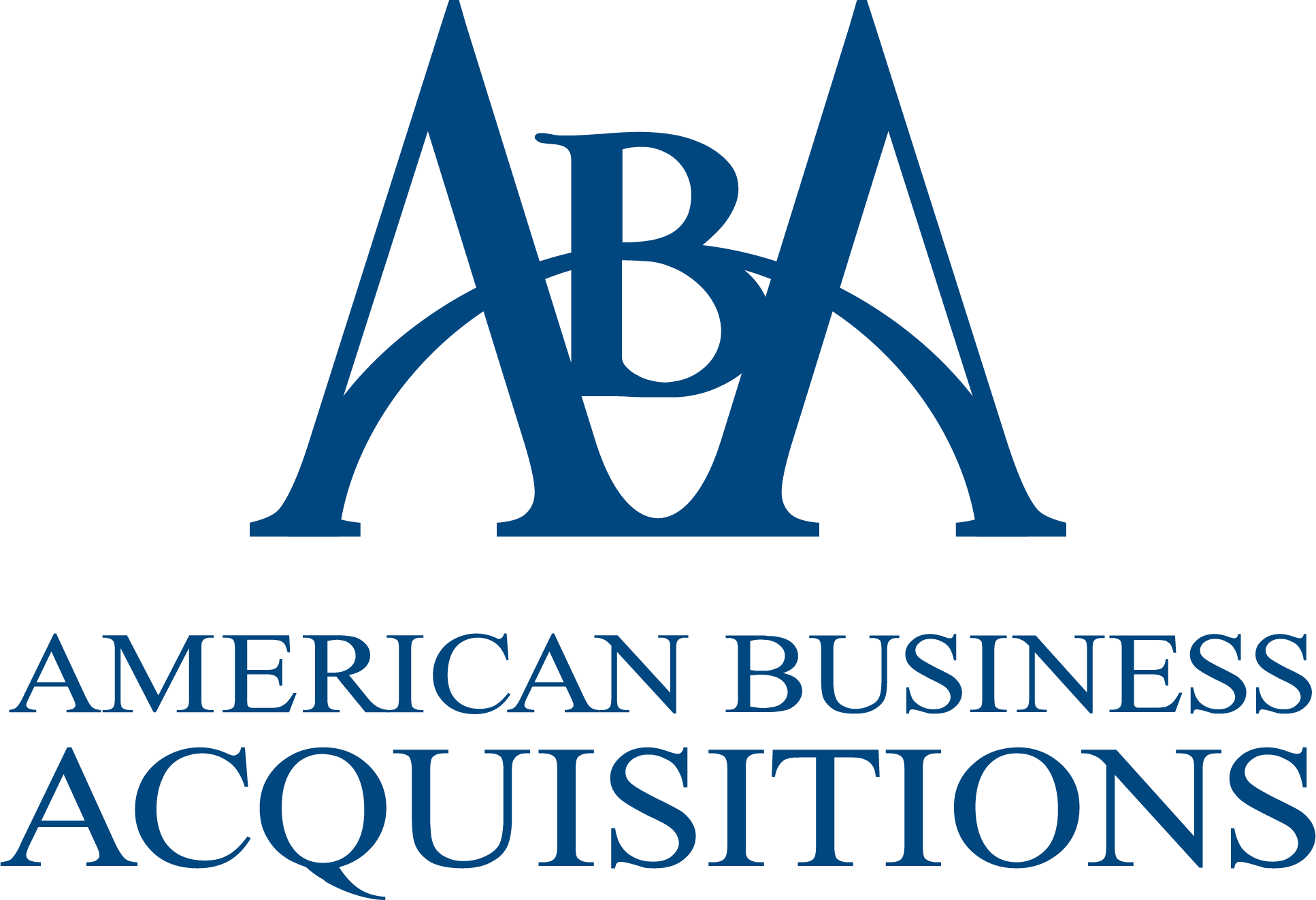Selling a business is a major undertaking that demands careful planning and attention to detail. The business sale agreement is a legal document that establishes the parameters of the sale and it is at the core of this complex process.
In this detailed guide, we will dig into the complexities of selling a business through a contract, putting light on critical components, typical traps to avoid, and the significance of expert counsel.
Contents
The Significance of a Business Sale Agreement
A business sale agreement is more than just paperwork; it’s the cornerstone of a successful business transaction. This document outlines the terms of the sale and acts as a legally binding record of the agreement reached between the seller and the buyer. It provides clarity, sets expectations, and safeguards the interests of both parties.
Key Components of a Business Sale Agreement

A well-crafted business sale agreement comprises several essential components:
- Parties: This section clearly identifies the buyer, seller, and the business being sold.
- Assets: Details the specific assets being transferred, including physical assets, financial assets, and intangible assets like goodwill.
- Liabilities: If the buyer assumes any liabilities, such as taxes, accounts payable, or loans, they are listed here. It often includes a statement that the buyer is not taking on undisclosed liabilities.
- Terms: This section covers the sale price, payment terms, closing date, and the allocation of the purchase amount for tax purposes.
- Disclosures: Both parties disclose potential impediments to the deal, such as outstanding debts or pending lawsuits.
- Other Agreements and Documents: Additional agreements like non-disclosure agreements or non-compete agreements may be part of the overall contract.
- Disputes: Describes how disputes will be handled, including whether they will be resolved through arbitration or litigation and the legal jurisdiction.
- Notifications: Specifies how both parties can contact each other for important matters.
- Signatures: Finalizes the agreement with signatures from the buyer, seller, or their representatives, often witnessed and notarized.
Supporting Documents and Agreements
Various supporting documents, such as a bill of sale, copies of leases, customer and supplier contracts, and intellectual property details like trademarks and copyrights, often accompany a business sale agreement.
Pitfalls to Avoid
To navigate the sale of your business successfully, consider these pitfalls:
- Failing to Screen Potential Buyers: Thoroughly vet potential buyers to ensure they are financially capable and trustworthy.
- Lack of Confidentiality Agreement: Protect sensitive information with a confidentiality or non-disclosure agreement.
- Opting for Seller Financing: Carefully consider seller financing options, including collateral in case of default.
Seeking Professional Advice
Throughout the business sale process, seeking guidance from professionals such as financial advisors, accountants, and solicitors is vital. Their expertise can help you make informed decisions and avoid costly mistakes.

